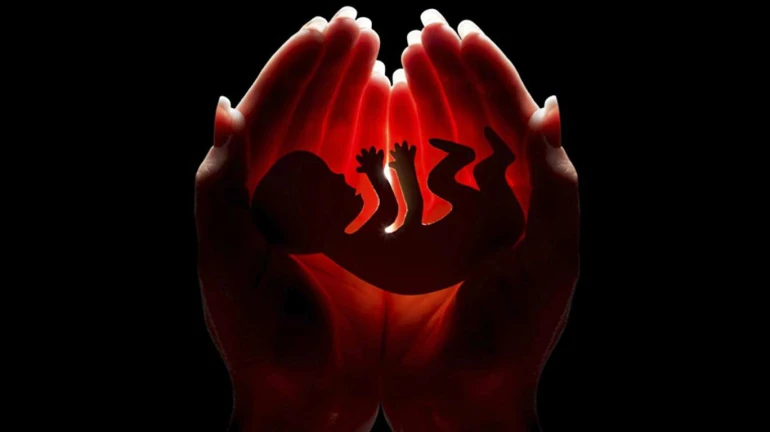
A reproductive health survey on Gen Z Insights, conducted across metros and tier-1 cities in India by Motherhood Hospitals and Nova IVF Fertility, polled over 200+ Gen Z women aged 23–30 from diverse professional backgrounds, has revealed that over half of India’s Gen Z women believe fertility declines significantly after 35. The findings reveal how India’s Gen Z women perceive reproductive health, timelines, and fertility options. While over half agree that fertility declines significantly after 35, 41% rely on social media as their primary source of reproductive health information.
The Fertility Awareness Survey: Gen Z Insights, polled between 23 and 30, found that:
Fertility and Timelines
Just like their financial health, skincare, GenZs are looking at a more planned approach to parenthood, and 40% plan to start trying for pregnancy between ages 28–32. 25% of women mostly asked about fertility timelines and pregnancy, highlighting age as a key parameter to fertility. When questioned on queries to a fertility specialist, they were primarily on ‘right age to become pregnant’, ‘risks of getting pregnant in late 30s’. 15-20% women also have a lack of clarity on the term biological clock.
AMH is the new BMI
35% are aware of AMH, a key fertility health marker for women, and 10% have even done an AMH test. Anti-Müllerian Hormone, present in the ovaries, indicates the egg quantity in women. It can be understood through a simple blood test. While 65% are unaware of this marker, this reflects a need for greater awareness of fertility health.
Egg Freezing
56% have emphasised that they have heard about egg freezing, but they do not know enough about it. While 10% would like to consider this option, due to other priorities in life, such as financial stability, career goals, traveling the world, and haven’t found the right partner. Social media has been discussing taboo topics like sexual health, menstrual health, and gynecological issues; even in the case of reproductive health, it seems to be the primary source of information.
Fertility Specialists are observing a rise in PCOS and obesity. There is also a rising trend in delayed marriage and parenthood. Experts emphasise preventative fertility care.
Dr. Sneha Sathe, Fertility Specialist, Nova IVF Fertility, Chembur, Mumbai, said: “Awareness about the impact of age on fertility is gradually increasing. Research indicates that Indian women experience ovarian ageing about six years earlier than Caucasian women, and we are seeing AMH decline in women as early as their late 20s and early 30s. This survey highlights that 65% of women are unaware of AMH as a marker of fertility health. While fertility decline is a gradual process, the most significant drop occurs after the age of 35. If fertility testing were included as part of routine preventive health checks, it would enable young women to make informed reproductive choices and feel empowered. We are also noticing a growing interest in egg freezing, especially for social reasons. This is a positive change, but it is equally important that women are aware of the optimal age at which to freeze their eggs for the best outcomes.”
Falling Fertility Rate and call to action for Policymakers and Corporate India
With India’s falling fertility rate and the decline being observed among most of the states, there is a need for proactive action from the policymakers and Corporate India. The survey also mentions that while 27% are looking to postpone parenthood due to various reasons, such as financial readiness, it highlights the need for widespread corporate India coverage for fertility and egg freezing benefits.
Rise of DINKS
18% Gen Z women have taken a stance on not having children. There is a louder conversation on being childfree, and women today strongly believe childbearing is a choice and not a compulsion.
Fertility impacts both the gender
While this survey focused on fertility health awareness among Gen Z working women, infertility impacts both genders equally, and today, male infertility is an equal contributor to a couple’s infertility issues.





